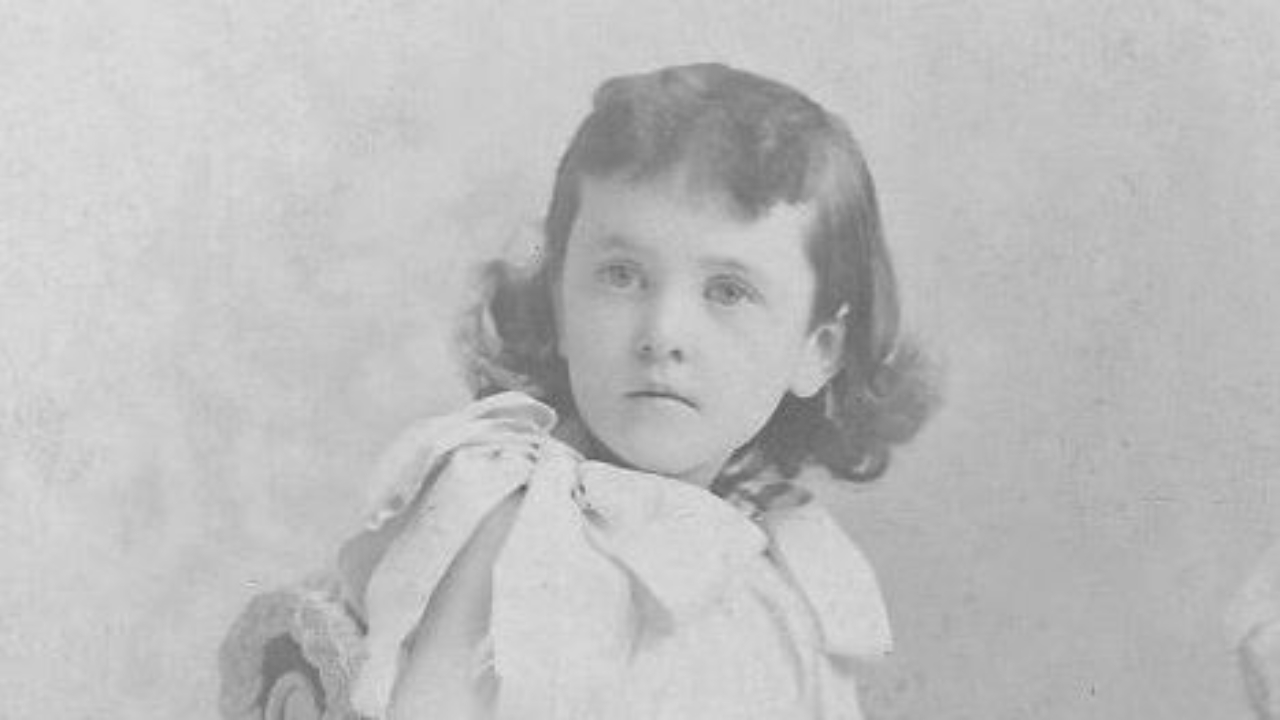the face of the marginalized--hands up!

“The Lord works righteousness and justice for all the oppressed.” Psalm 103:6
Righteousness can be defined as being set apart, in particular, set apart by or for God. Sometimes justice demands set-apartness. When the scales have been tipped in favor of one group of people over another, then sometimes the scales need to be balanced legally.
In 1854 Charles Loring Brace established the Children’s Aid Society, with the goal of helping children who lived in poverty in eastern cities, particularly New York and Boston. Most of those children were Irish. In the 19th century the Irish immigrated in great numbers, fleeing poverty and famine. But when they arrived in the United States they were not warmly welcomed. They faced significant discrimination in housing and employment. Signs proclaiming, “Irish need not apply” were posted in most businesses. The Irish were considered dirty and were relegated to tenements and ghettos, with orphaned, Irish children sleeping on the street.
The Irish did have one thing going for them. They were white. If they could go to a new place with a new name, maybe lose the accent, they might assimilate. And so, Charles Loring Brace began sending orphan trains west to give children a chance at a better life. My grandmother was one of those children relinquished by her mother because she bore the added stigma of being illegitimate. Neither her birth grandmother nor her mother’s new husband wanted anything to do with her. It sounds harsh. In her life, it was a godsend. She was embraced by a wealthy, childless couple in Kokomo, Indiana, and her life was changed forever.
Unfortunately, the majority of orphan train riders were not given such happy endings. Many were exploited as farm laborers and never officially adopted. It was impossible for Rev. Brace to adequately supervise the outcomes of such a vast program of repopulation.
Perhaps this story gives me a greater empathy for the immigrant and others culturally marginalized. Perhaps it gives me a greater understanding of why government needs to be involved in social programs, to set up guidelines and chart equitable outcomes for all people. Brace’s good intentions spawned something sprawling that could not be managed by him alone. That can and does happen with government programs, as well. We need a balance of governmental oversight, with a good federal and state partnership. And right now, we are at risk of losing that. As that happens, who will suffer?
Probably not you and I. The ones who are and will feel the pain of policies currently enacted by one wealthy unelected man will hurt children who live below the poverty level and depend on free school lunches in urban and rural food deserts, and who rely on libraries in underserved areas. It will hurt hard-working immigrants and legal residents who have pursued a path to safety from violence and famine and are being forcibly returned to a place where they haven’t lived for decades. It’s hurting people in those same foreign communities already dealing with inadequacy of resources, because USAID programs have lost their funding. It’s hurting people of color whose history is being erased and distorted because this president thinks diversity is a dirty word.
Eventually it will hurt us all, when the law firms fighting to protect all of us are put out of business because they at one time have opposed this president, who is vindictive to his very core.
There’s a scene in the film “A Time to Kill” where the lawyer defending the black defendant for his response to a crime perpetrated on his daughter, describes the heinous nature of the rape and abuse of this beautiful little girl. At the end of his monologue he says, “Can you see her? Her raped, beaten, broken body, soaked in their urine, soaked in their semen, soaked in her blood—left to die. Can you see her? I want you to picture that little girl. Now imagine she’s white.”
This photo is of a little girl who was saved from all of this by people of means who cared. Look at this photo. Multiply this child by millions. Remember that at one time she faced the stigma of being other. Now, imagine she’s black. If that were the case, even the orphan train would not have been available to her. There were certainly black orphans after the Civil War. But Rev. Brace feared that putting black orphans on a train would be sending them right back into enslavement.
My grandmother would have stayed on the margins of society, but for the kindness of others. We should demand that kindness from our government today. Will we really wait until our lives are adversely affected, as well?
Love, Liz
P.S. This little girl who was rescued from abandonment and poverty, never forgot where she came from. As an adult she sat on the board of a home for unwed mothers, and attended every adoption. But the stigma never went away. In fact, she never told her own children that she was an orphan. That “shameful” information was only revealed to them at the very end of her life.

